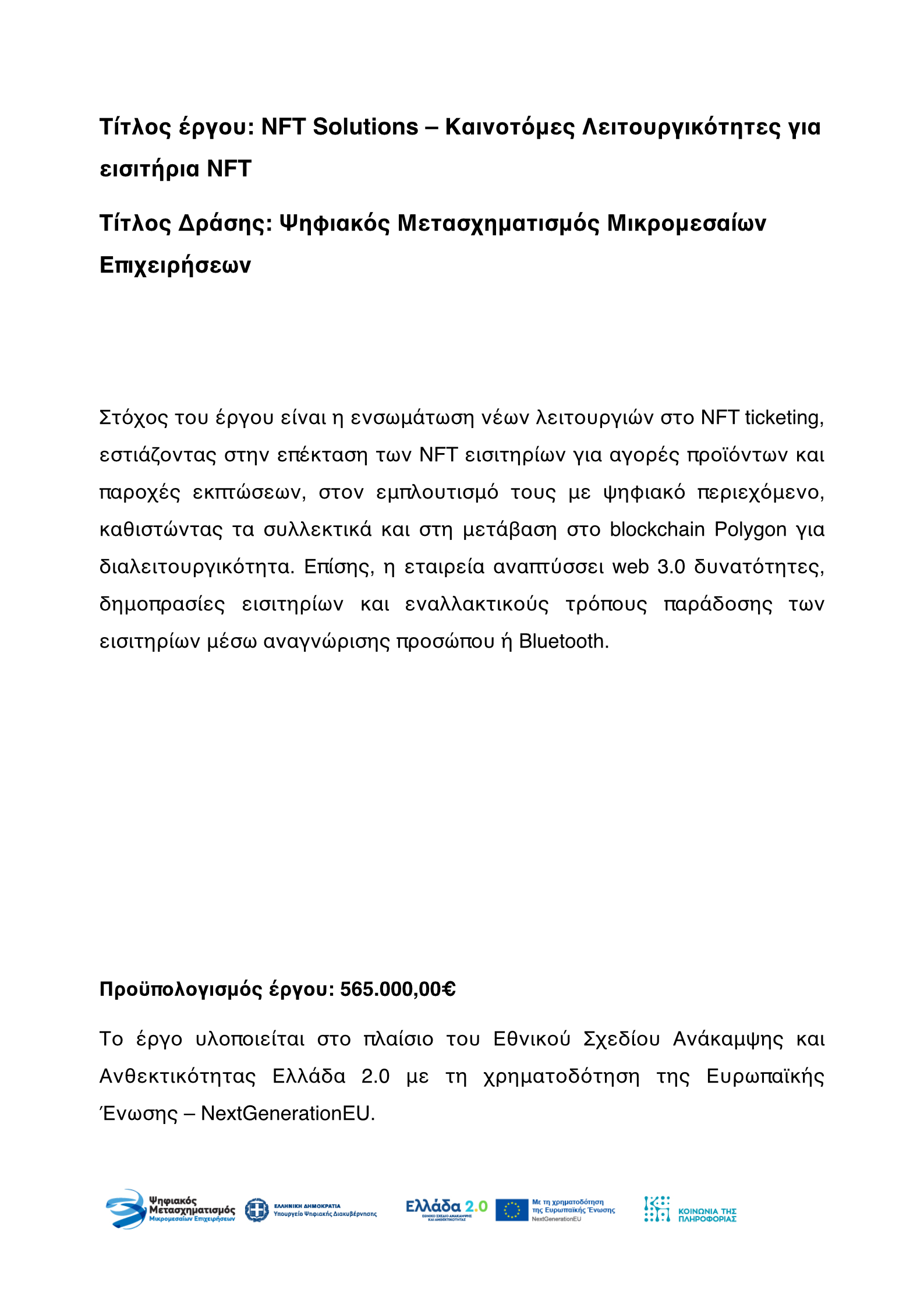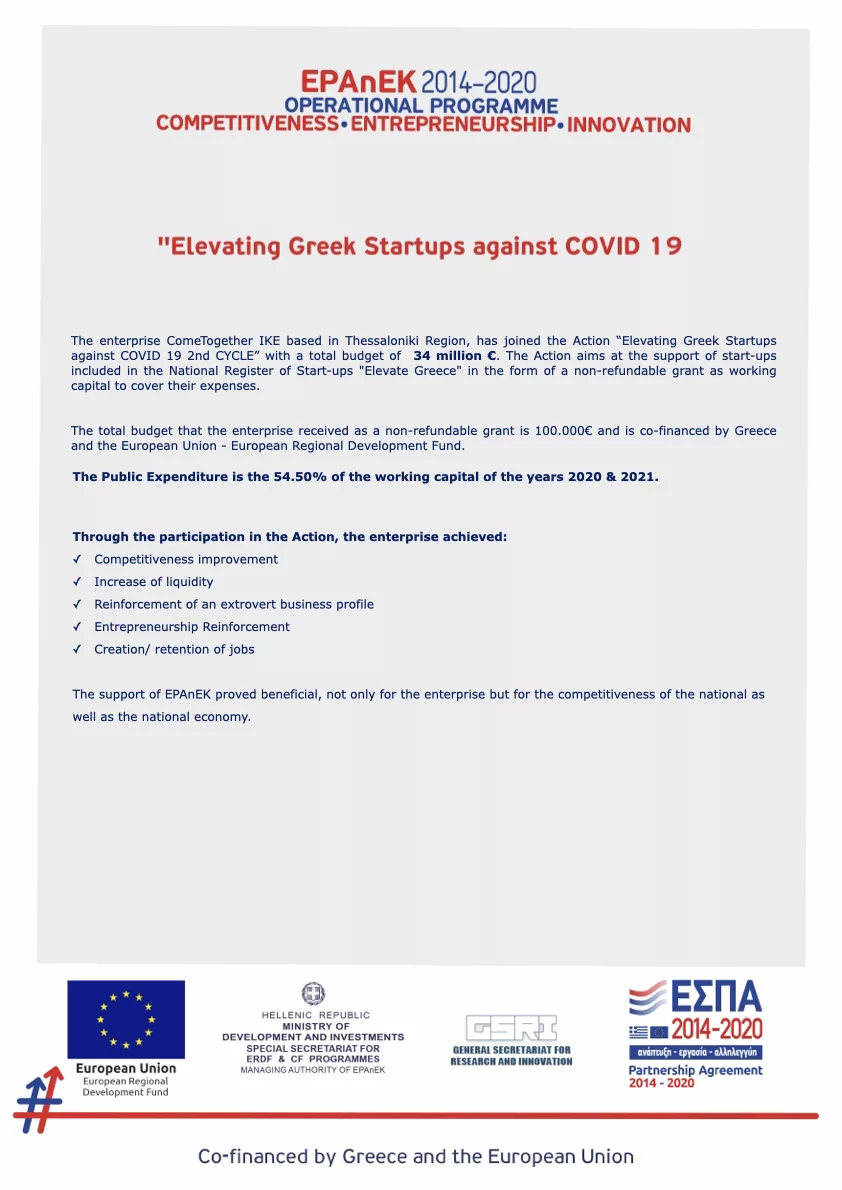The advent of blockchain technology has spurred innovation across various industries, and one area ripe for disruption is the ticketing industry. Ticket fraud has long been a pervasive issue for event organizers and attendees, leading to financial losses, counterfeit tickets, and diminished trust in traditional ticketing methods. However, Non-Fungible Tokens (NFTs) are emerging as a promising solution that could significantly reduce ticket fraud and enhance overall security.
How NFT Ticketing Solutions Can Reduce Ticket Fraud and Increase Security
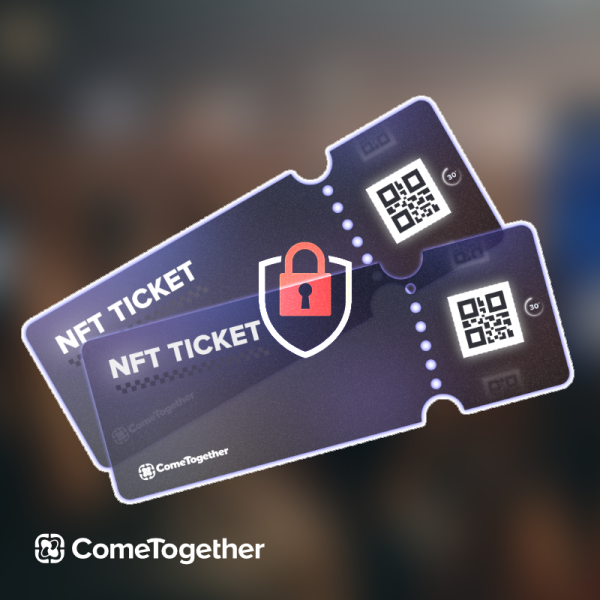
Table of Contents
– Overview of NFT Ticketing and Blockchain Technology
– What Are NFTs?
– How NFTs Are Applied to Ticketing
Reducing Ticket Fraud with NFT Solutions
– Immutable Ownership Records
– Preventing Scalping with Smart Contracts
– Personalized and Dynamic Tickets
Increasing Security Through Blockchain Technology
– Decentralized Verification
– Direct Peer-to-Peer Transfers
Understanding NFT Ticketing
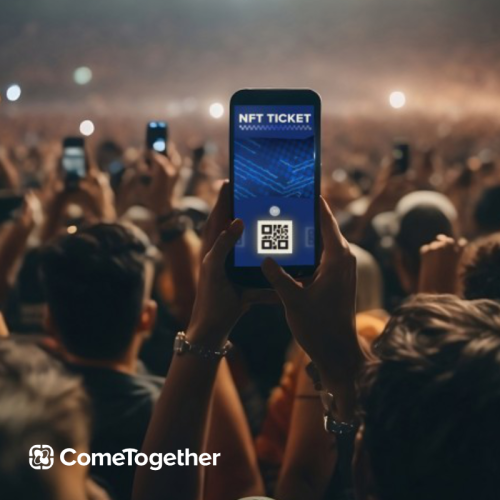
NFTs are digital assets that represent ownership or proof of authenticity on a blockchain. Unlike cryptocurrencies like Bitcoin or Ethereum, which are fungible (i.e., each unit is identical and interchangeable), NFTs are unique and indivisible. This uniqueness makes them ideal for representing one-of-a-kind digital items like event tickets.
NFT tickets are essentially digital passes stored on the blockchain, with the ownership and authenticity of each ticket verifiable through decentralized technology. This removes the need for intermediaries like ticketing companies to verify or issue tickets. Since each NFT is tied to a specific user and event, it is impossible to duplicate or counterfeit, making it an effective deterrent against ticket fraud.
Reducing Ticket Fraud with NFT Solutions
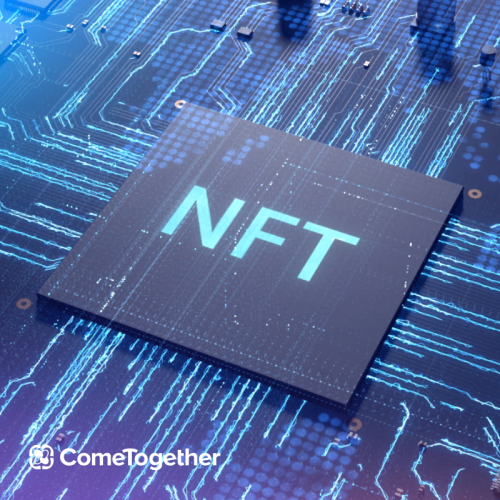
Immutable Ownership Records: Traditional tickets, whether printed or digital, can be duplicated or tampered with, leading to the resale of fraudulent tickets. With NFT-based tickets, ownership is transparently recorded on the blockchain. Each transaction, from the initial purchase to resale, is logged in a tamper-proof ledger that anyone can access. This means that an event organizer or an attendee can easily verify the authenticity of a ticket before the event. This transparency helps eliminate common forms of fraud, such as fake ticket sales or the resale of the same ticket multiple times.
Preventing Scalping: NFT ticketing solutions can also curb scalping, a major problem where buyers purchase large numbers of tickets and resell them at inflated prices. Smart contracts, which are self-executing contracts stored on the blockchain, can be used to limit resale prices or restrict the number of tickets a person can buy. This helps ensure that tickets are available at fair prices and reduces the chances of illegal ticket resale.
Personalized and Dynamic Tickets: Another advantage of NFTs is their ability to be programmed for personalized or dynamic pricing. Organizers can tie specific information, such as the buyer’s name or seat location, to each NFT, making it impossible for someone else to use that ticket without re-verifying the ownership. Moreover, these tickets can adjust in price based on demand or conditions set by the event organizer, further preventing arbitrary price hikes by scalpers.
Increasing Security Through Blockchain Technology
Decentralized Verification: One of the key security advantages of NFT ticketing is the decentralized nature of blockchain. Traditional ticketing systems are often reliant on centralized databases, which are vulnerable to hacking or breaches. Since NFTs are verified across a decentralized network of computers, it becomes nearly impossible for hackers to alter ticket records. This enhances the overall security of the ticketing system.
Direct Peer-to-Peer Transfers: NFT tickets can be transferred securely between buyers and sellers through blockchain platforms without the need for third-party involvement. This reduces the likelihood of fraud and ensures that transactions are secure, transparent, and traceable.
NFT ticketing solutions offer a modern, secure, and efficient way to combat ticket fraud and ensure fairness in the ticketing process. By leveraging blockchain technology, NFT tickets provide immutable ownership records, prevent fraudulent resale, and reduce the risks associated with centralized databases. As more event organizers adopt NFT-based ticketing systems, both consumers and the industry stand to benefit from enhanced security and trust.
NFTs are poised to reshape the future of event ticketing, providing a robust solution to age-old problems like fraud, scalping, and security breaches.
FAQs
What are NFTs, and how do they apply to ticketing?
NFTs, or Non-Fungible Tokens, are unique digital assets stored on a blockchain that represent ownership or proof of authenticity. In ticketing, NFTs are used to create digital tickets, where each ticket is unique and verifiable through blockchain technology. This makes NFT tickets immune to duplication or tampering.
How do NFT tickets reduce ticket fraud?
NFT tickets are stored on the blockchain, which records ownership transparently and immutably. Since every transaction is logged, it is impossible to counterfeit or sell duplicate tickets. Buyers and event organizers can verify the authenticity of a ticket by checking its ownership on the blockchain, effectively eliminating fake ticket sales.
Can NFT ticketing prevent ticket scalping?
Yes, NFT ticketing solutions can help reduce scalping. Smart contracts can be programmed into NFT tickets to limit the number of tickets an individual can purchase or set price ceilings for resales. This prevents scalpers from buying tickets in bulk and reselling them at inflated prices.
Are NFT tickets safe to buy and sell?
NFT tickets are secure because transactions take place on a decentralized blockchain. This means that buyers and sellers can exchange tickets directly without needing intermediaries. Blockchain’s encryption and decentralized nature also protect against hacking and fraudulent transactions, providing secure and transparent ticket sales.
How do NFT tickets increase security?
NFT tickets increase security through decentralized verification, meaning there is no central point vulnerable to hacking or manipulation. Each ticket is linked to a unique record on the blockchain, which is accessible to anyone and cannot be altered. This ensures that tickets cannot be tampered with and provides a secure way to verify ticket authenticity.
Can NFT tickets be personalized?
Yes, NFT tickets can be programmed with specific buyer information, such as the buyer’s name, seat number, or event details. This personal information can make it impossible for someone other than the original buyer to use the ticket without transferring ownership through a verifiable process.
What happens if I need to resell my NFT ticket?
If you need to resell your NFT ticket, you can do so through a blockchain-based platform or marketplace. The ownership of the ticket will transfer to the new buyer, and the transaction will be securely recorded on the blockchain. Depending on how the NFT is programmed, the resale price can be regulated to prevent extreme markups.
How do NFT tickets differ from traditional digital tickets?
Unlike traditional digital tickets, which are stored in centralized databases, NFT tickets are decentralized and recorded on a blockchain. This makes them more secure and transparent. Traditional digital tickets can be duplicated, tampered with, or resold fraudulently, whereas NFT tickets are unique and verifiable, preventing these issues.
Are there any downsides to using NFT tickets?
One challenge with NFT ticketing is that it requires users to be familiar with blockchain technology, which may not be intuitive for everyone. Additionally, the blockchain network may incur small transaction fees for minting, transferring, or reselling tickets.
Will NFT ticketing become more common in the future?
As blockchain and NFT technologies continue to evolve, more event organizers are likely to adopt NFT ticketing solutions. The benefits of reducing fraud, preventing scalping, and increasing security make it an attractive alternative to traditional ticketing systems.

